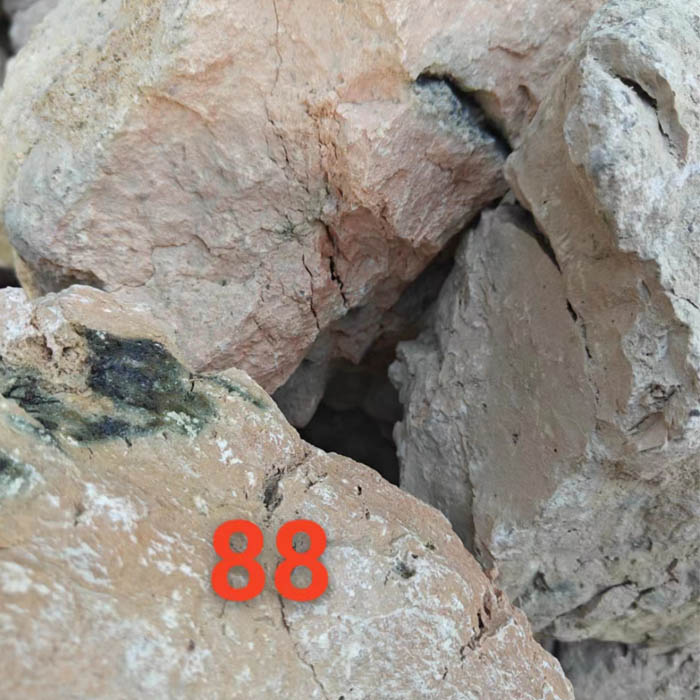8월 . 17, 2024 13:31 Back to list
Insulating Materials for Hot Water Pipes in China for Optimal Energy Efficiency
Hot Water Pipe Insulation Materials in China A Comprehensive Overview
In recent years, the emphasis on energy efficiency and sustainability has become increasingly relevant across various industries, including construction and plumbing. One key area that warrants attention is the insulation of hot water pipes. In China, where rapid urban development and industrial growth continue to thrive, the choice of insulation materials for hot water pipes plays a pivotal role in reducing thermal loss, promoting energy conservation, and ensuring the safety of water systems.
The Importance of Insulation
Hot water pipes are part of crucial plumbing and heating systems that deliver hot water for domestic and industrial use. Without adequate insulation, these pipes can lose a significant amount of heat as the hot water travels from its source to the point of use. This not only increases energy consumption as heating systems must work harder to maintain the desired temperature, but it can also contribute to higher carbon emissions. Therefore, effective insulation is essential for improving energy efficiency, reducing costs, and minimizing environmental impact.
Common Types of Insulation Materials
In China, various materials are used for hot water pipe insulation, each with its unique properties and benefits. The most common types include
1. Polyurethane Foam Known for its excellent thermal insulation properties, polyurethane foam is widely used in the construction of insulated hot water pipes. It effectively reduces heat loss through its low thermal conductivity and can be applied as pre-formed pipe insulation or spray foam. This material's lightweight nature also simplifies installation.
2. Extruded Polystyrene (XPS) XPS is another popular insulation material due to its moisture resistance and durability. It is commonly used in pipes that are exposed to external elements. XPS provides excellent thermal performance, making it suitable for both domestic and industrial applications.
china hot water pipe insulation materials

3. Fiberglass Insulation Fiberglass is a traditional insulation material that has been used for decades. It consists of fine glass fibers that trap air, providing effective thermal resistance. While fiberglass insulation is cost-effective, it requires careful installation to ensure optimal performance and to prevent moisture problems.
4. Mineral Wool Insulation This type of insulation is made from natural or recycled materials and is known for its fire-resistant properties. Mineral wool insulation is effective in maintaining temperature and can withstand high heat, making it suitable for industrial hot water piping systems.
5. Aerogel Insulation Although more expensive, aerogel is emerging as a revolutionary insulation material due to its unmatched thermal performance. It is incredibly lightweight and provides high insulation values while occupying minimal space. As technology advances, the application of aerogel in hot water pipe insulation may become more widespread.
Challenges and Considerations
While there are numerous insulating materials available, several challenges remain in the field of hot water pipe insulation in China. These include fluctuating material prices, the need for skilled labor for installation, and varying quality standards among manufacturers. Additionally, the growing focus on environmental concerns means that the development of eco-friendly and sustainable insulation materials is of paramount importance.
Conclusion
In conclusion, the selection of appropriate insulation materials for hot water pipes is crucial for energy efficiency in China’s ever-expanding urban landscape. With options ranging from polyurethane foam to innovative aerogel, the market is diverse and offers various advantages tailored to different applications. As technology continues to evolve and environmental regulations become more stringent, manufacturers and consumers alike must prioritize the adoption of high-performance, sustainable insulation materials. By doing so, we can work towards a more energy-efficient future while meeting the demands of a rapidly developing society.
-
High-Quality Magnesium Silicate Adsorbent Manufacturer & Supplier Leading Factory for Adsorbents
NewsJul.08,2025
-
Lightweight Wall Powder – Premium Lightweight Wall Powder Suppliers & Manufacturer
NewsJul.07,2025
-
High Quality Steel Wire Rod Reliable Mild Steel Wire Rod Manufacturer & Supplier
NewsJul.07,2025
-
ML08AL-Y Supplier & Manufacturer High-Quality ML08AL Factories Reliable Exporter
NewsJul.07,2025
-
High-Quality Tundish Covering Agent – Reliable Suppliers & Manufacturer for Steel Industry
NewsJul.06,2025
-
High-Quality Carburiser Supplier & Manufacturer Reliable Carburiser Factory Solutions
NewsJul.06,2025
